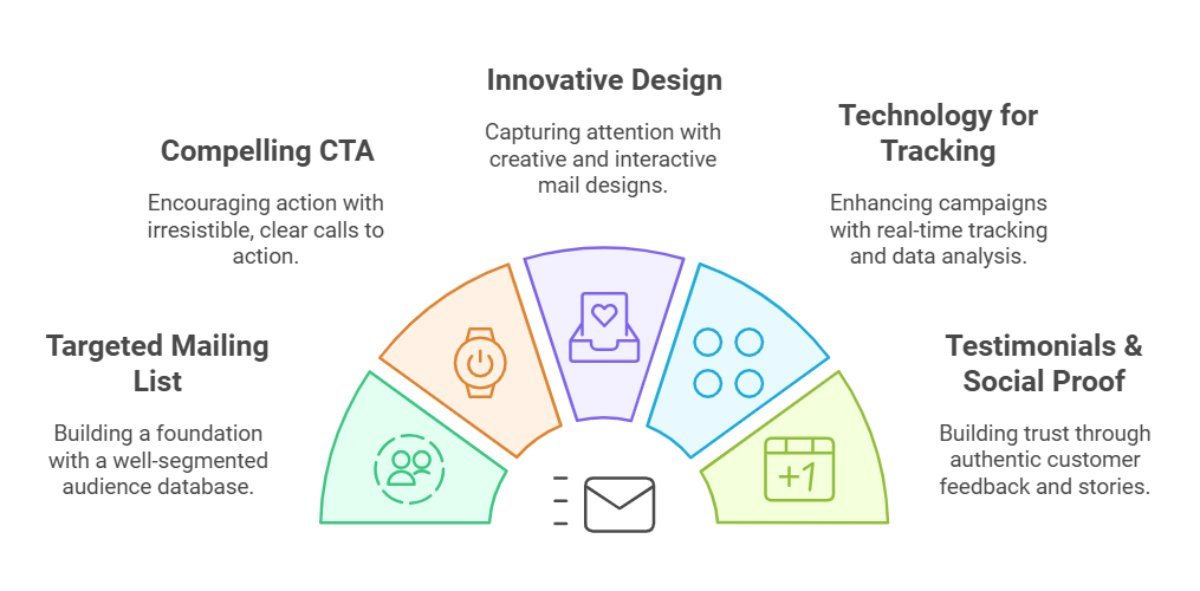The world of entrepreneurship is changing rapidly. What once required significant capital and physical infrastructure can now be achieved with a laptop, an internet connection, and the right strategy. Business ideas & innovation are driving this transformation, enabling entrepreneurs to launch and scale their ventures in ways that were previously unimaginable. From artificial intelligence to e-commerce, technology is reshaping the way businesses operate and compete. Understanding these shifts is essential for anyone looking to start or grow a business in the digital age.
The Changing Face of Entrepreneurship
The Shift from Traditional to Digital
Entrepreneurship has moved beyond the brick-and-mortar model. Digital businesses now dominate industries that once relied heavily on physical presence. The internet and cloud technology have made it easier for businesses to reach global audiences without the need for expensive infrastructure.
The Rise of Tech-Driven Startups
Technology is breaking down barriers to entry. Today, an entrepreneur with a great idea and access to digital tools can compete with established companies. The accessibility of software, automation, and AI-powered solutions has created opportunities for startups to thrive with minimal initial investment.
The Role of Young Entrepreneurs and New Mindsets
Younger generations are reshaping entrepreneurship with fresh perspectives. Social media, digital marketing, and new business models are giving rise to innovative startups. Many young entrepreneurs prioritize sustainability, social responsibility, and digital solutions, making them a driving force behind business ideas & innovation.
How Innovation is Transforming Business Operations
Artificial Intelligence and Automation
AI is streamlining business processes, improving decision-making, and enhancing customer experiences. From chatbots to predictive analytics, automation is reducing costs and allowing businesses to focus on strategy and growth.
The Power of Big Data and Analytics
Businesses now rely on data to understand market trends, customer behavior, and performance metrics. Big data analytics provides valuable insights, enabling companies to refine their strategies and offer personalized experiences.
Cloud Computing and Remote Work
Cloud technology has made remote work more feasible than ever. Entrepreneurs can manage teams from anywhere, reducing operational costs while increasing efficiency. This shift has led to a rise in digital businesses that function entirely online.
The Evolution of E-Commerce and Digital Payments
Online shopping has become the norm, with businesses of all sizes selling products and services through digital platforms. Digital payment methods, including cryptocurrencies, have made transactions more seamless and secure, enhancing customer convenience.
New Business Models in the Digital Era
Subscription-Based Services
Businesses are shifting from one-time purchases to recurring revenue models. Subscription services provide steady income streams and foster long-term customer relationships. Industries like streaming, SaaS (Software as a Service), and online learning have flourished under this model.
The Gig Economy and Freelancing
More professionals are choosing freelance and gig work over traditional employment. Platforms like Fiverr and Upwork have created a marketplace for independent workers, allowing businesses to hire skilled professionals on a flexible basis.
The Rise of the Creator Economy
Content creators are now business owners, leveraging platforms like YouTube, TikTok, and Patreon to generate income. The demand for digital content has given rise to new opportunities for individuals to monetize their skills and creativity.
Sustainable and Socially Responsible Business Models
Consumers are becoming more conscious of sustainability and ethical business practices. Companies that incorporate eco-friendly products and corporate social responsibility into their models are gaining a competitive edge.
Challenges and Risks in the Future of Entrepreneurship
Cybersecurity Threats and Data Privacy
With the increasing reliance on digital tools, cybersecurity has become a major concern. Businesses must invest in robust security measures to protect sensitive data and maintain customer trust.
Keeping Up with Rapid Technological Changes
The fast pace of technological advancements can be overwhelming. Entrepreneurs need to stay updated on emerging trends and continuously adapt their strategies to remain competitive.
Market Saturation and Increased Competition
With lower barriers to entry, competition has intensified across industries. To succeed, businesses must differentiate themselves through innovation, unique value propositions, and exceptional customer experiences.
How Entrepreneurs Can Prepare for the Future
The Importance of Continuous Learning and Adaptation
Successful entrepreneurs prioritize learning. Whether through online courses, industry events, or mentorship programs, staying informed about the latest trends is crucial for growth.
Leveraging Networking and Collaboration
Building a strong network can open doors to new opportunities. Entrepreneurs should engage with industry peers, join business communities, and collaborate with other professionals to expand their reach.
Investing in Digital Skills and Technology
Understanding digital tools and emerging technologies is essential for modern entrepreneurs. Whether it’s mastering digital marketing, e-commerce, or AI-driven solutions, investing in these skills can give businesses a competitive advantage.
Conclusion
The future of entrepreneurship is defined by business ideas & innovation. Digital transformation, technological advancements, and changing consumer behavior are shaping new opportunities for entrepreneurs worldwide. While challenges exist, those who embrace innovation, continuously learn, and adapt to the evolving business landscape will thrive. By leveraging the power of AI, big data, cloud computing, and new business models, the entrepreneurs of today can build the successful businesses of tomorrow.



